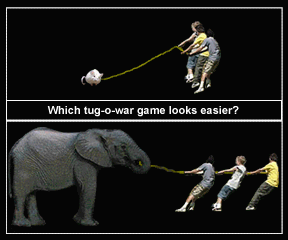Which would be more difficult to pull? Well, we really shouldnít be treating these animals this way! Please do not pull elephants or mice!
Click on image for full size
Windows to the Universe original image
What is mass?
Would it be more difficult to pull an elephant or a mouse?
If you pulled each animal with the same amount of force, the elephant would respond less to pulling, even if he didnít pull back at all. Thatís because an elephant has more mass than a mouse.
Mass is the amount of material in an object and is usually measured in units called kilograms (kg).
Sometimes people confuse weight and mass. Weight is a measure of force and depends on both the amount of mass and the amount of gravity. This means that with Earthís gravity, the elephant weighs more than the mouse because it has more mass than the mouse.
Because mass is the amount of material in an object, it stays the same no matter what force is acting on the object. This means that even though our elephant weighs less on the moon, its mass stays the same.
Last modified September 10, 2002 by Lisa Gardiner.
You might also be interested in:

Density is a measure of how much mass is contained in a given unit volume (density = mass/volume). It is usually expressed in kg/m^3, so you would say that a cube 2 meters on each side with a mass of 16
...more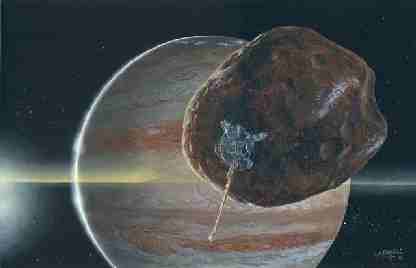
Amalthea , a small moon of Jupiter, is not made of Swiss cheese, but it does seem to be full of holes making its density surprisingly low. Roughly the shape of a potato, Amalthea is a small, reddish moon
...more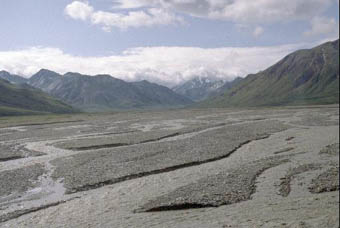
Sneeze into a pile of dust and the particles fly everywhere. Sneeze into a pile of rocks and they stay put. Thatís because they have more mass. You need more force than a sneeze to move those rocks. Wind
...more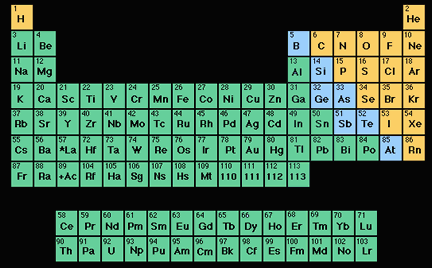
Some basic concepts find applications in many, many places throughout science, especially physical science. We have grouped these "starting points for science" into three clusters: space, time, and matter.
...more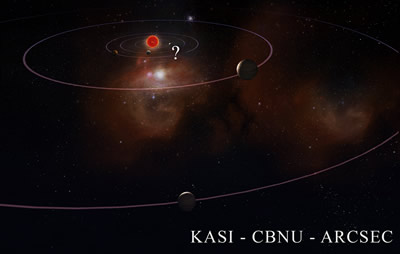
A team of international astronomers reports in the Feb. 15 issue of Science the discovery of a solar system nearly 5,000 light years away containing scaled-down versions of Jupiter and Saturn. Their findings
...more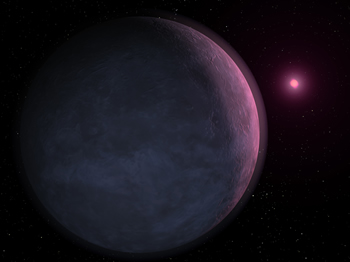
Astronomers have discovered an extrasolar planet only three times more massive than our own, the smallest yet observed orbiting a normal star. The star itself is not large, perhaps as little as one twentieth
...more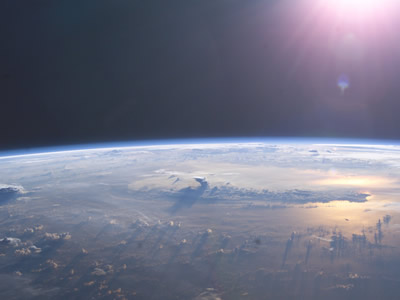
Earth has a thin atmosphere that sustains life. Fundamental Concept 1.1 Earth's atmosphere is a mixture of gases with small, but important, quantities of liquid and solid particles. Fundamental Concept
...more


